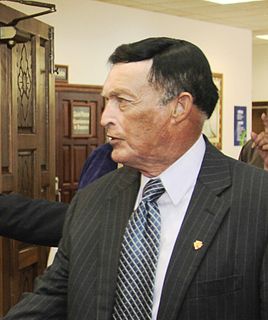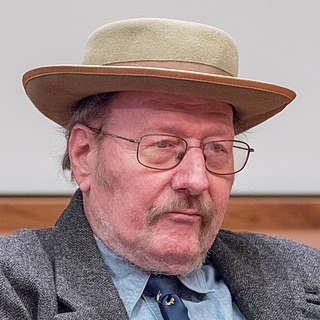A Quote by Tom Robbins
A book no more contains reality than a clock contains time. A book may measure so-called reality as a clock measures so-called time; a book may create an illusion of reality as a clock creates an illusion of time; a book may be real, just as a clock is real (both more real, perhaps, than those ideas to which they allude); but let's not kid ourselves - all a clock contains is wheels and springs and all a book contains is sentences.
Related Quotes
You will want a book which contains not man's thoughts, but God's - not a book that may amuse you, but a book that can save you - not even a book that can instruct you, but a book on which you can venture an eternity - not only a book which can give relief to your spirit, but redemption to your soul - a book which contains salvation, and conveys it to you, one which shall at once be the Saviour's book and the sinner's.
There is usually a clock in our heads regarding decisions we make and the course of our lives. Sometimes this clock is helpful in that it get us to move rather than put off key actions. Other times, it creates us false sense of urgency that can cause us to overreact, lost patience and make poor decisions. In raising this issue in my book, I want people to be aware of the clock in their heads and question whether that clock is helping or hindering the quality of each particular decision.
You have started the book with this bubble over your head that contains a cathedral full of fire - that contains a novel so vast and great and penetrating and bright and dark that it will put all other novels ever written to shame. And then, as you get towards the end, you begin to realise, no, it's just this book.
No! Not for a second! I immediately began to think how this could have happened. And I realized that the clock was old and was always breaking. That the clock probably stopped some time before and the nurse coming in to the room to record the time of death would have looked at the clock and jotted down the time from that. I never made any supernatural connection, not even for a second. I just wanted to figure out how it happened.






































